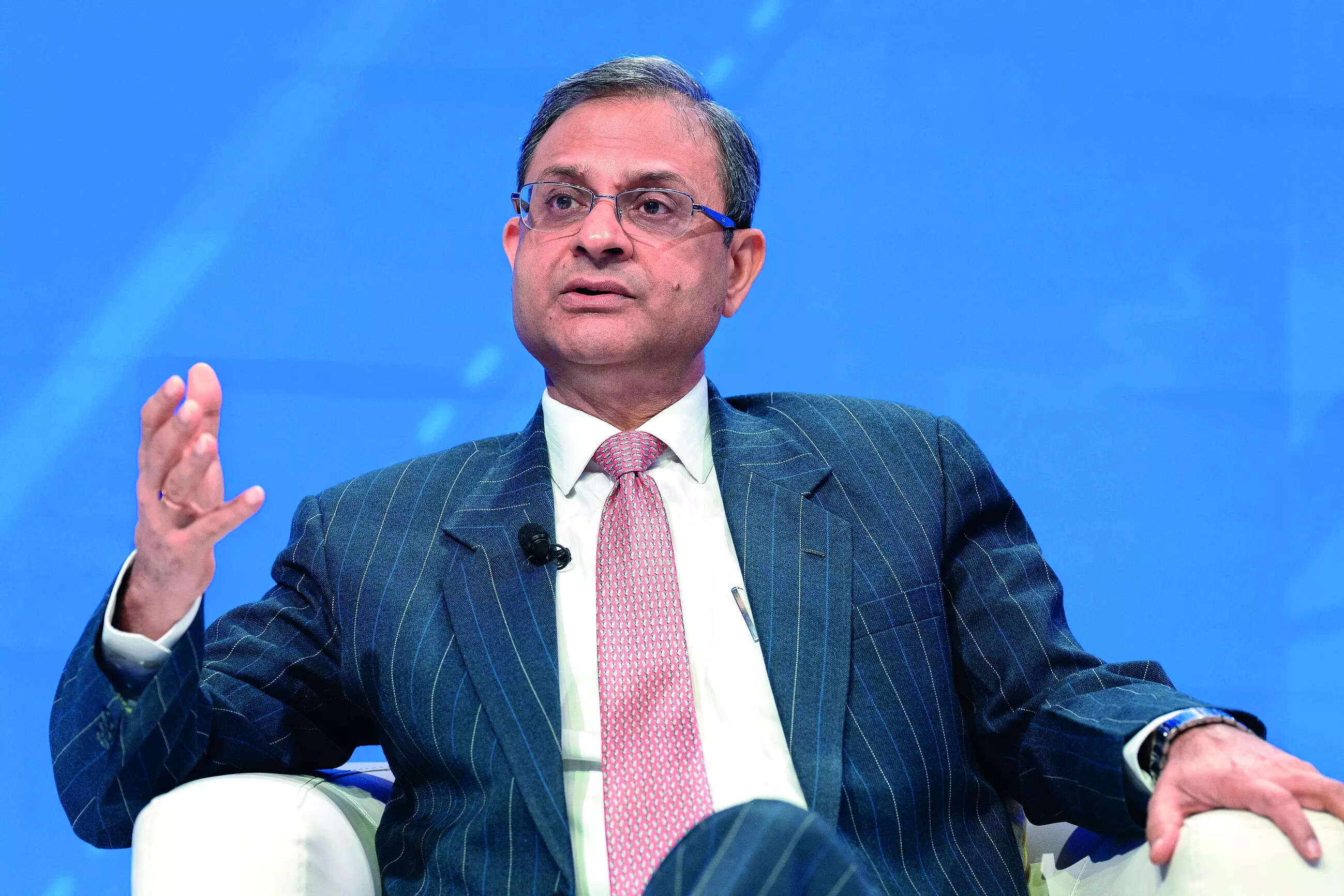
Reserve Bank of India (RBI) Governor Sanjay Malhotra Thursday said Digital Public Platforms (DPPs) should be accessible to the entire world. He also highlighted India’s development of the Modular Open-Source Identity Platform (MOSIP) – an open-source digital identity framework.
Speaking in Washington DC, Malhotra said the platform is free, secure, and scalable, enabling other countries to build their own national digital ID systems.
“Twenty-seven countries are currently either adopting or considering MOSIP-based systems to deliver essential services quickly, directly and seamlessly to their citizens,” Malhotra said. On collaboration for digital payments, RBI has adopted a three-pronged strategy, which includes linking the Unified Payments Interface (UPI) with fast payment systems of other nations to facilitate cross-border remittances.
The UPI-PayNow linkage between India and Singapore is already operational, and work is underway with several other countries through both bilateral and multilateral arrangements.
Another key initiative involves enabling cross-border person-to-merchantpayments via UPI, allowing QR code-based transactions at merchant locations across both offline and e-commerce platforms. Malhotra said such arrangements are already live in a few countries, with expansion efforts ongoing.
Additionally, RBI is supporting partner nations in deploying UPI-like sovereign payment infrastructures or upgrading their existing systems using the UPI technology stack. “These initiatives will strengthen cross-border trade and payments, enhance efficiency, improve customer experience and reduce costs,” Malhotra added.

